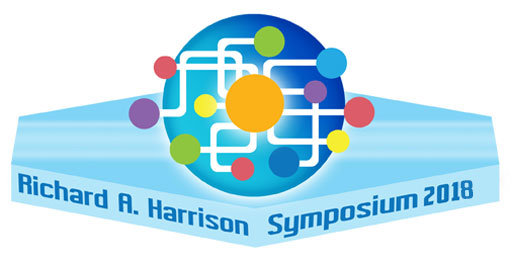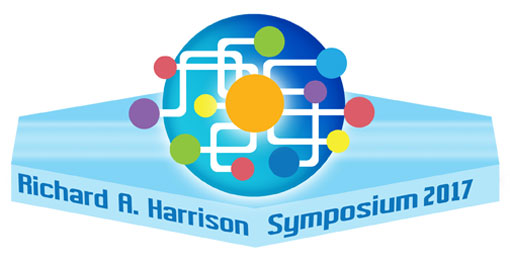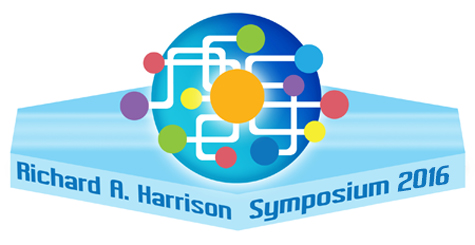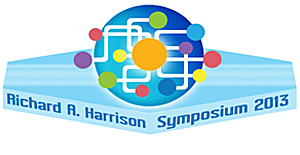Nearly 50 students will make research presentations on topics in the humanities and social sciences Saturday, May 19 during Lawrence University’s 21th annual Richard A. Harrison Symposium.
Showcasing exceptional student research, the symposium presentations begin at 9:15 a.m. in various locations throughout Main Hall. A complete schedule of all presentations can be found here. All sessions are free and open to the public.
The symposium features 20-minute presentations arranged by topic or field. Each series is moderated by a Lawrence faculty member and includes a 10-minute question-and-answer session following the presentations. Symposium participants present their work in the format used for professional meetings of humanities and social sciences scholars.
Among the 48 scheduled presentations are: “Julius Caesar, Last Republican Man or First Emperor?”; “Creativity and Mental Illness in Vincente Minnelli’s ‘Lust for Life’”; “Jackie Kennedy: A Reflection of the 1960’s Changes in Women’s Societal Roles through Fashion”; “Do Minority Women Elicit Benevolent Sexism Differently Than White Women?”; “Understanding Zika Virus in Rural Costa Rica”; and “The Sects Talk: How Religious Differences Shape Political Conflict Between Iran and Saudi Arabia.”
First conducted in 1996, the symposium honors former Lawrence Dean of the Faculty Richard Harrison, who died unexpectedly the following year. The symposium was renamed in his honor to recognize his vision of highlighting excellent student scholarship.
About Lawrence University
Founded in 1847, Lawrence University uniquely integrates a college of liberal arts and sciences with a nationally recognized conservatory of music, both devoted exclusively to undergraduate education. It was selected for inclusion in the book “Colleges That Change Lives: 40 Schools That Will Change the Way You Think About College.” Engaged learning, the development of multiple interests and community outreach are central to the Lawrence experience. Lawrence draws its 1,500 students from nearly every state and more than 50 countries.


